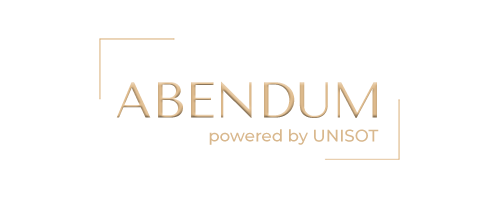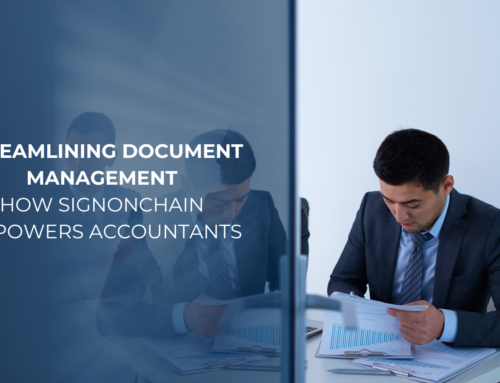HOW AND WHY YOU SHOULD INCLUDE MORE NON-FINANCIAL DATA INTO YOUR ACCOUNTING (ESG)
“… bookkeeping is not just about keeping books, or recording profits and losses. It’s about the business’s own narrative. That narrative maintains the integrity of the business itself and its connection to the world.”
– Dan Palanza
In this post we look into how to make better data for ESG-reporting.
“Investor engagement, regulation, and societal expectations are driving increasing awareness and action on environmental, social, and governance (ESG) performance. These drivers challenge organizations and their chief financial officers (CFOs) to enhance reporting and disclosure, and address ESG factors as an everyday part of decision making.“
“But how should organizations provide meaningful and specific disclosures for ESG issues? …”
– 2014 by Stathis Gould for International Federation of Accountants
HOW DO YOU COMMUNICATE HOW YOUR ORGANIZATION CREATES SUSTAINABLE VALUE IN 2021?
Do your stakeholders really trust all your metrics on sustainability?
How can your ESG reports be trusted?
Bookkeeping is about the business’s own narrative. The story can be told in dollars, but for ESG-reporting the story is also told in non-financial figures. A problem arises if the figures and ratings that the story is leaning on are subjective.
“Financial data” refers to an amount of a currency, for example US Dollar.
“Non-financial data” refers to a product number, quantity of a product, miles driven, hours spent, litres of fuel, locations, timestamps, etc.
During audit, the non-financial data can provide good analytics. However, it is often more work to measure, record, access and use. Why confidence in Non-financial information is also a widely known problem.

The median duration of a fraud scheme is 16 months, and ultimately the result of it will hit the accounting books in one way or another. In the biggest accounting scandals, it can take some time for the fraud to hit the books, and the auditor often gets part of the blame for not noticing earlier. It is usually society, taxpayers, creditors and shareholders who end up with the cost.
For ESG-reporting the cost isn’t always measured in CO2 alone, although it tends to take a lot of focus. Maybe because CO2 is easier to measure. In the long run we might be better off by focusing more on other metrics such as disposal of toxic material, education, health and other metrics for positive long-term impact on society. Difficulty in measuring and recording relevant data could lead to non-existent, unreliable or wrong focus in the ESG-reporting. It’s all about counting the things that matter. Accountants can do something about this, they just need better tools to integrate financial accounting and non-financial accounting.
THE SOLUTION IS EXTERNAL CONFIRMATIONS ON THE ESG-METRICS.
The Triple Entry Accounting system can provide signed non-financial data, such as ESG-metrics, with a transaction, substantiating the reliability of the metrics because it is confirmed by a counterparty. An invoice or a receipt includes much more non-financial data to substantiate the ESG-reports.
More credibility to certifications.
Collecting reliable non-financial data such as ESG-metrics not only gives more trust in the ESG-reports, but also sustainability certifications. Can we trust certifications?
Better audits
Reliable ESG-metrics can also improve the financial audit. As auditors have more access to reliable non-Financial data, they can use relevant pieces of the reliable ESG-metrics to view records from a different perspective. Some frauds are uncovered through non-financial analysis, the challenge is just that there might be less sources of reliable and relevant non-financial data.
Perhaps ESG is especially in interest to long term investors. Investments in companies with above average ESG-ranks, have avoided 90% of the bankruptcies in the S&P 500 bankruptcies according to a Bank of America study.
A solution can be immutability of records and external confirmations of the ESG-metrics, auditable on top of a secure public ledger.
ADDED SECURITY
Read more abouthow signed invoices add security against a common type of fraud.
EARN MONEY
Reliable and relevant data is valuable. It can be pseudonymized and sold to consultants, auditors, insurance companies, statisticians, funds etc. that want a reliable industry data for their own analytics.
BETTER AUDITS
Triple Entry Accounting could provide better transparency for ESG-metrics, but it can also be valuable in an audit.
Do you think Triple Entry Accounting can help transparent and reliable ESG reporting?
Our FREE BETA-VERSION has test-invoices.
The beta-testing is now part of the fintech sandbox of the Financial Supervisory Authority of Norway. Accountants and auditors interested in blockchain technology are encouraged to contact us.
Torje Vingen Sunde, CCI
MSc in Accounting & Auditing





Leave A Comment